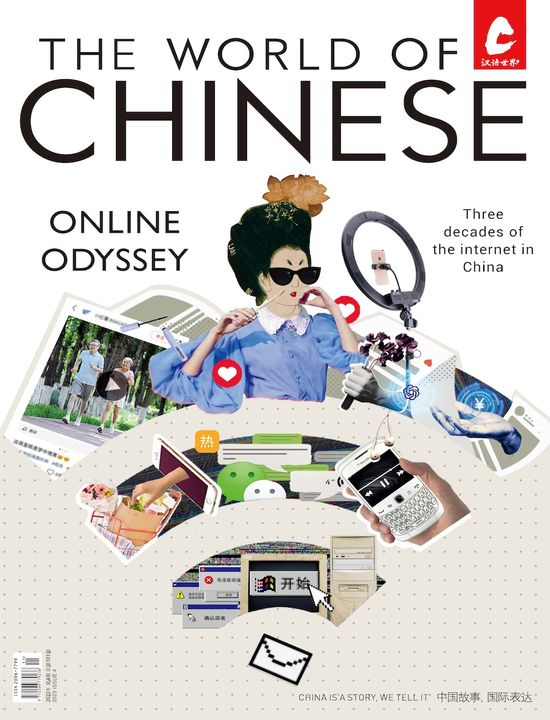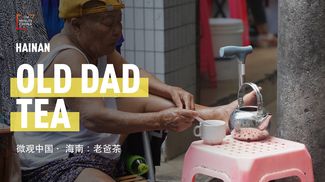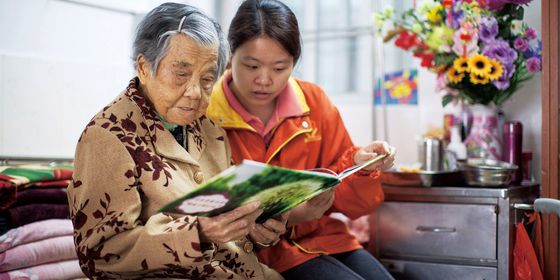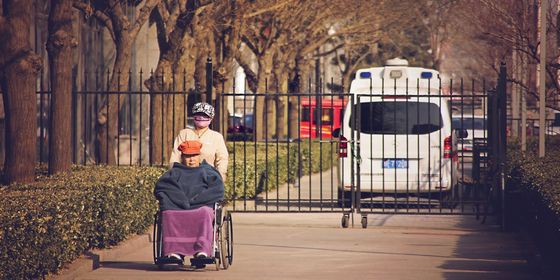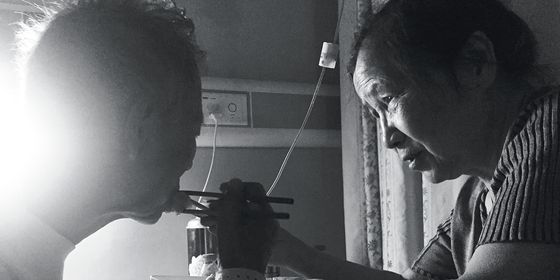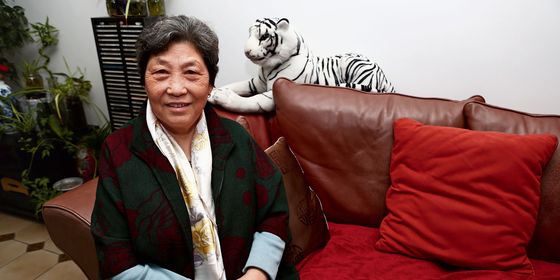More and more Chinese have been talking and learning about death, a traditional taboo, for better living
Last autumn, 19-year-old Liao Zhiruo spent a whole afternoon writing her last will and testament. Taking the form of a letter addressed to her parents in the event of her early death, the will asked them to keep living a good life without her.
The letter is part of an exercise Liao was assigned to do by an elective course called “Death Culture and Life and Death Education,” which the college sophomore took last term at Shandong University in Jinan, Shandong province. Other assignments of the course included imagining a world with no doctors, and visiting a funeral parlor. “People normally find it taboo to mention death, so everything about the course attracted me, from its name to the [funeral visit] activity,” says Liao, telling TWOC that after this experience, she started trying to start conversations about death with her parents. “They’re not very open-minded, but I think we can take it slow.”
Liao is not alone in wanting to learn more about death. “The course has 120 seats, but since the very first year it was offered, it has always been full, and students have to join a ‘lottery’ at the start of the semester to get admitted,” Wang Yunling, founder and lecturer of the course, tells TWOC. The course is one of a few of its kind in China, and covers topics like life, death, dying experience, suicide, death with dignity, palliative care, euthanasia, funeral culture, and grief counseling.
But it wasn’t always smooth-sailing. When Wang proposed the course in 2006, university administrators rejected the proposal over concerns that the topics might promote suicide or increase students’ anxiety, though the medical school permitted it as an elective course after it learnt of similar courses in the West. More than 15 years later, similar concerns have barred courses on death from curriculums in the Chinese mainland, except in around 20 colleges and a handful of primary and middle schools, Wang estimates.
“Chinese people have an elementary school student’s understanding of death, because there has never been true death education in China,” journalist Bai Yansong of the state broadcaster China Central Television claimed at a public forum in Beijing in May 2016. Bai attributed this mainly to folk beliefs in China’s dominant Han culture that talking about death is unlucky. Confucian teachings generally deal with a person’s relationships and obligations in the living world, in contrast to Judeo-Christian and other religious traditions that hold death—and afterlife—to be a major part of their faith.
Wang partially agrees with Bai, and adds that the “medicalization of death”—viewing death purely from a medical perspective—in modern China has exacerbated people’s fear and misunderstanding of it. “Both medical professionals and the public refuse to accept death as a natural part of human life, and they use medical terms to identify, describe, and understand it, as well as avert it,” he says. Taken to an extreme, “this means ordinary people...think that as long as there is technology and as long as I have the money, I can get the physician to do whatever it takes to save me.”
Death Discussions: Educators Struggle to Break Taboos Around Death is a story from our issue, “Lessons For Life.” To read the entire issue, become a subscriber and receive the full magazine. Alternatively, you can purchase the digital version from the App Store.
